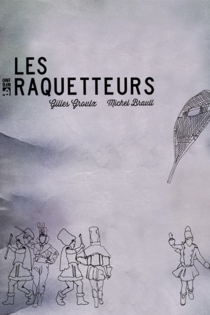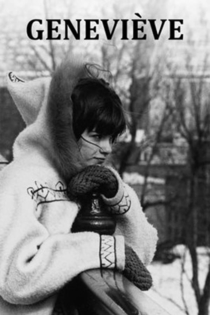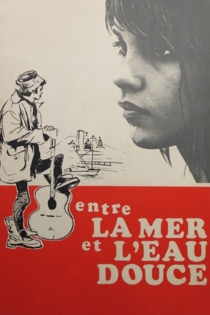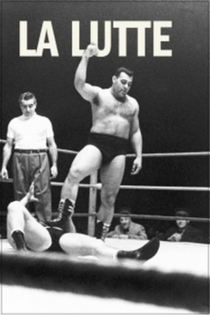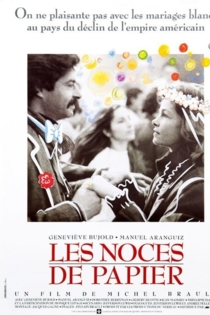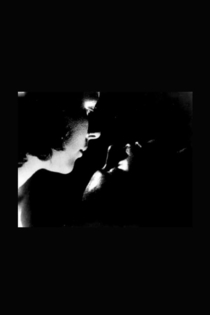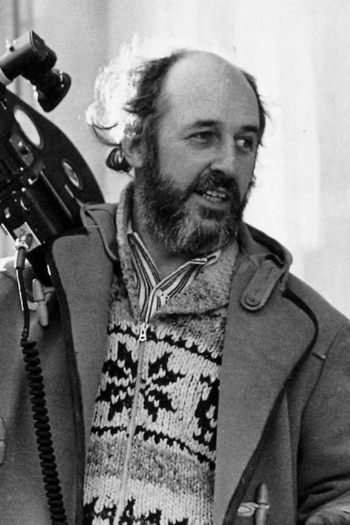
Michel Brault
1928 - 2013Pour la suite du monde
Michel Brault, Pierre Perrault
Léopold Tremblay, Alexis Tremblay
At the instigation of the filmmakers, the young men of the Ile-aux-Coudres in the middle of the St-Lawrence River try as a memorial to their ancestors to revive the fishing of the belugas interrupted in 1924.
Of Whales, the Moon, and Men
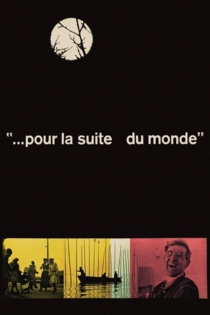
L'Acadie, l'Acadie
Michel Brault, Pierre Perrault
Michel Blanchard, Régis Brown
In the late 1960s, with the triumph of bilingualism and biculturalism, New Brunswick's Université de Moncton became the setting for the awakening of Acadian nationalism after centuries of defeatism and resignation. Although 40% of the province's population spoke French, they had been unable to make their voices heard. The movement started with students-sit-ins, demonstrations against Parliament, run-ins with the police - and soon spread to a majority of Acadians. The film captures the behind-the-scenes action and the students' determination to bring about change. An invaluable document of the rebirth of a people.
Acadia Acadia?!?
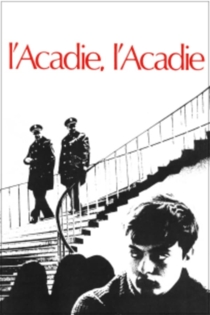
Éloge du chiac
Michel Brault
Rosanna Leblanc
Taking the form of a conversation between a young teacher at a French school in Moncton and her students, the film shows how hard it is for francophones to preserve their language in a society where English is everywhere and has been for centuries.
Éloge du chiac
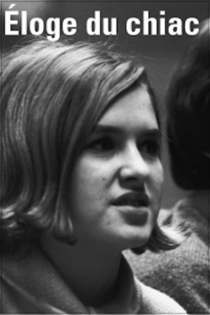
Claude Jutra: An Unfinished Story
Paule Baillargeon
Claude Jutra, Bernardo Bertolucci
A revealing look at the great Quebecois director who gave us such classic films as Mon Oncle Antoine, A toute prendre and Kamouraska: Power of Passion. Amidst the rise of French-Canadian identity and the political struggles of the '60s, Jutra was at the forefront of a group of artists dedicated to social change and attacking taboo.
Claude Jutra: An Unfinished Story
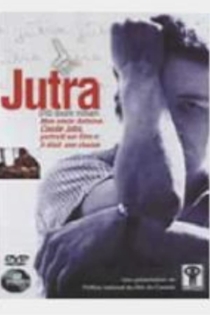
Mon amie Max
Michel Brault
Geneviève Bujold, Marthe Keller
Catherine, a concert pianist, is surprised one night by the arrival of her best friend from childhood, Marie-Alexandrine (Max), whom she hasn't seen for 25 years. Catherine and Max were Québec's most promising young pianists in the mid-1960's when the adventurous Max gets pregnant. She wants to keep the child, but her mother forces her to give him up for adoption; afterwards, Max leaves Québec and music. Now, years later, she returns, obsessed with finding her son. She locates the adoption records, and social services contacts her son to ask if he wants to see her. He refuses, but she keeps trying. Is a relationship with him possible? And what about her musical talent?
Mon amie Max
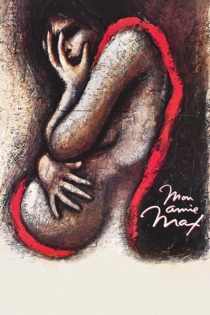
Le temps perdu
Michel Brault
Céline Bernier, Nicole Geoffroy
A 16 year old girl recalls the last moments of her summer vacation, spent with friends in the Laurentians north of Montreal. She reminisces about their talks on life, death, love, and God. Shot in direct cinema style, working from a script that left room for the teenagers to improvise and express their own thoughts, the film sought to capture the immediacy of the youths presence their bodies, their language, their environment.
The End of Summer
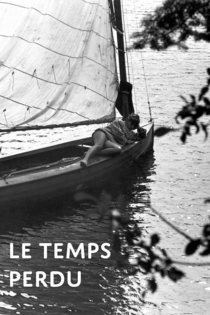
Les enfants de Néant
Michel Brault
Joseph Le Borgne, Jean Négroni
Morbihan is one of the poorest regions in Brittany. Joseph, a 33-year-old farmer, can no longer live off the land. He is hired at the fancy new plant that has just opened where he enters a world of rote work. Fortunately he can go home to his farm every evening, far from the large urban centers where workers must usually live.
Les enfants de Néant
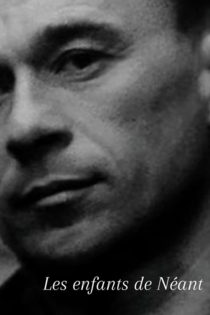
Capturing Reality
Pepita Ferrari
Errol Morris, Werner Herzog
From cinema-verite; pioneers Albert Maysles and Joan Churchill to maverick movie makers like Errol Morris, Werner Herzog and Nick Broomfield, the world's best documentarians reflect upon the unique power of their genre. Capturing Reality explores the complex creative process that goes into making non-fiction films. Deftly charting the documentarian's journey, it poses the question: can film capture reality?
Capturing Reality
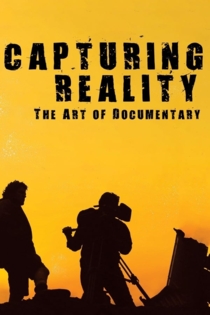
Le beau plaisir
Bernard Gosselin, Michel Brault
Alexis Tremblay
From the lower St. Lawrence, a picture of whale hunting that looks more like a round-up, with a corral, whale-boys and all. In 1534, when he stopped at the island he named l'Île-aux-Coudres, Jacques Cartier saw how the Indians captured the little white beluga whales by setting a fence of saplings into off-shore mud. In the film, the islanders show that the old method still works, thanks to the trusting 'sea-pigs,' the same old tide, and a little magic.
Beluga Days
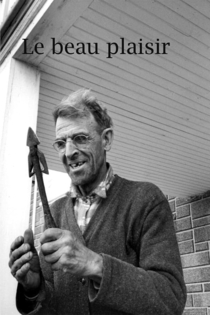
Les raquetteurs
Michel Brault, Gilles Groulx
Maurice Richard
This short documentary records the celebration and ritual surrounding a snowshoe competition in Sherbrooke in the late 1950s. The film marked the beginning of a new approach to reality in documentary and prefigures the trademark style of the NFB's newly formed French Unit. Today, Les raquetteurs is considered a precursor to the birth of direct cinema.
The Snowshoers
